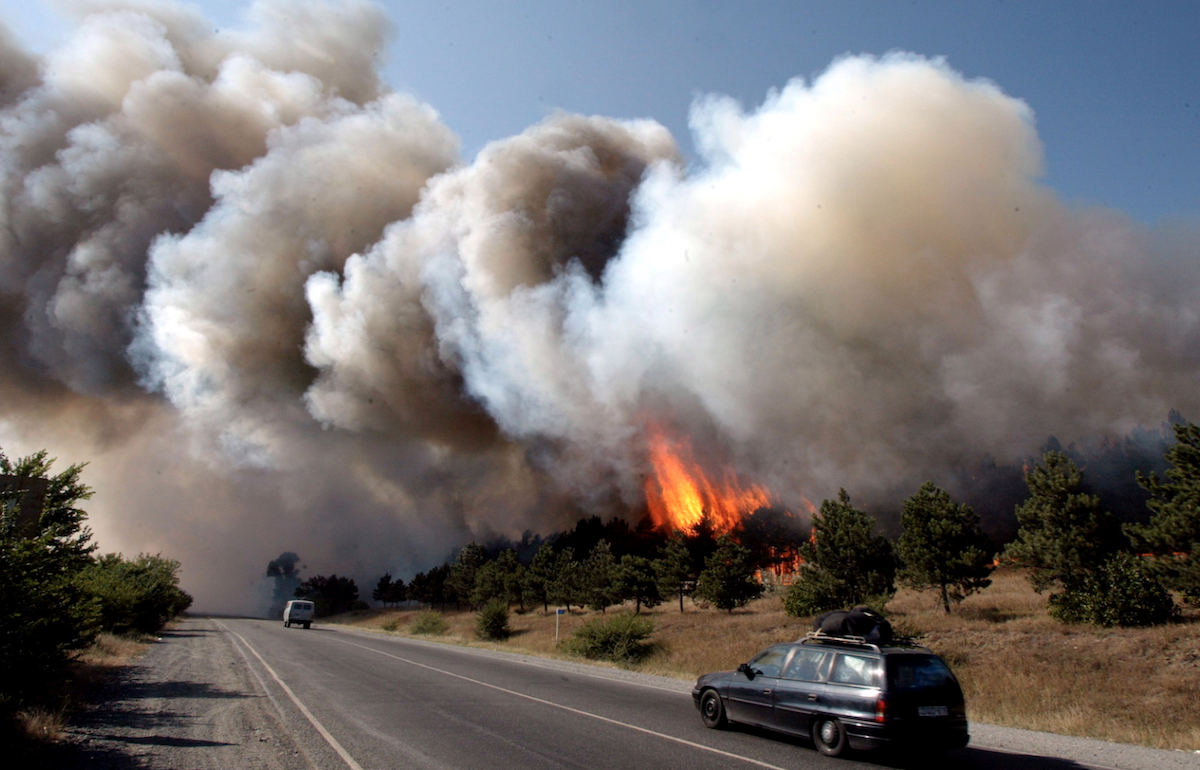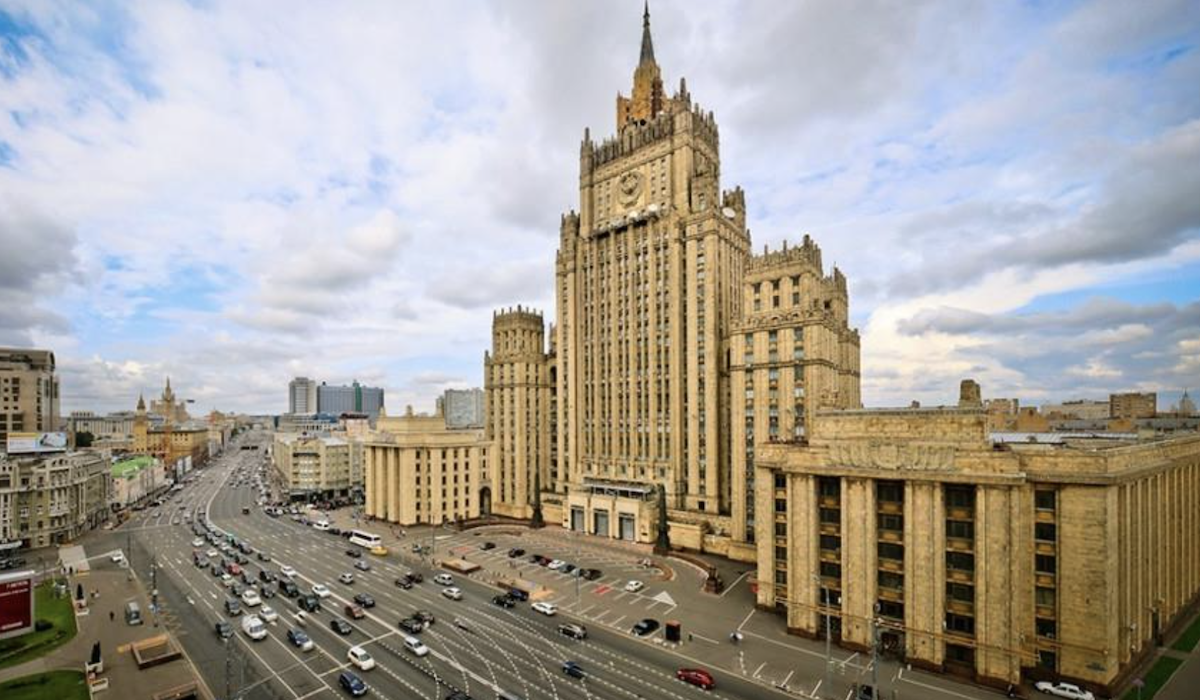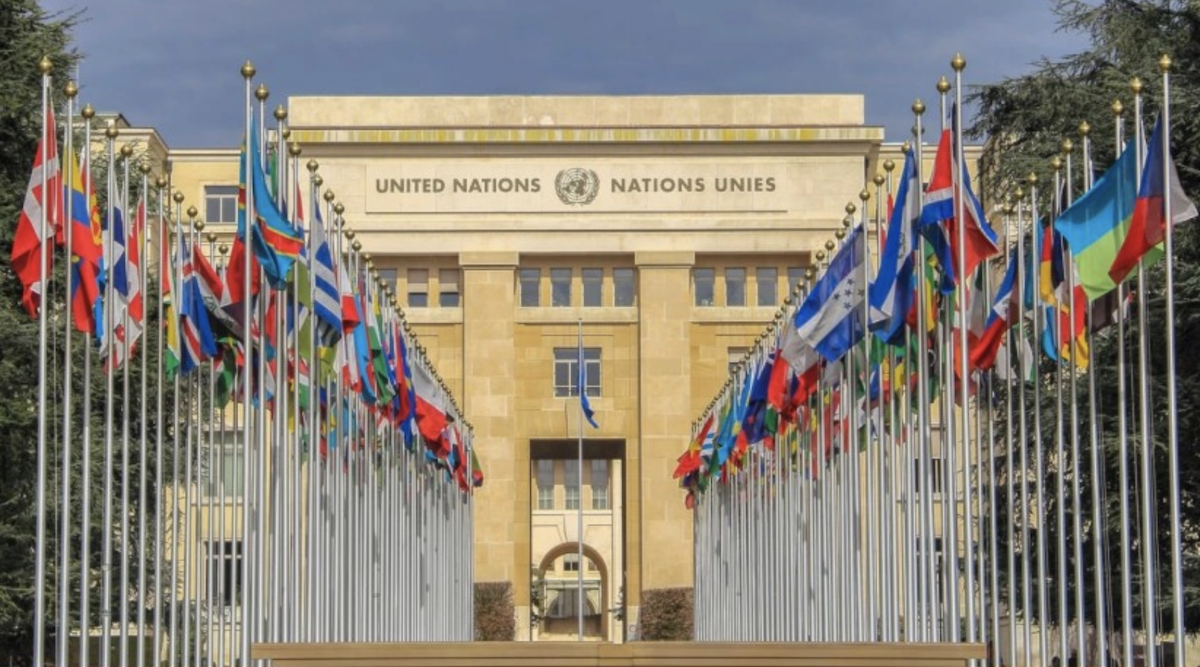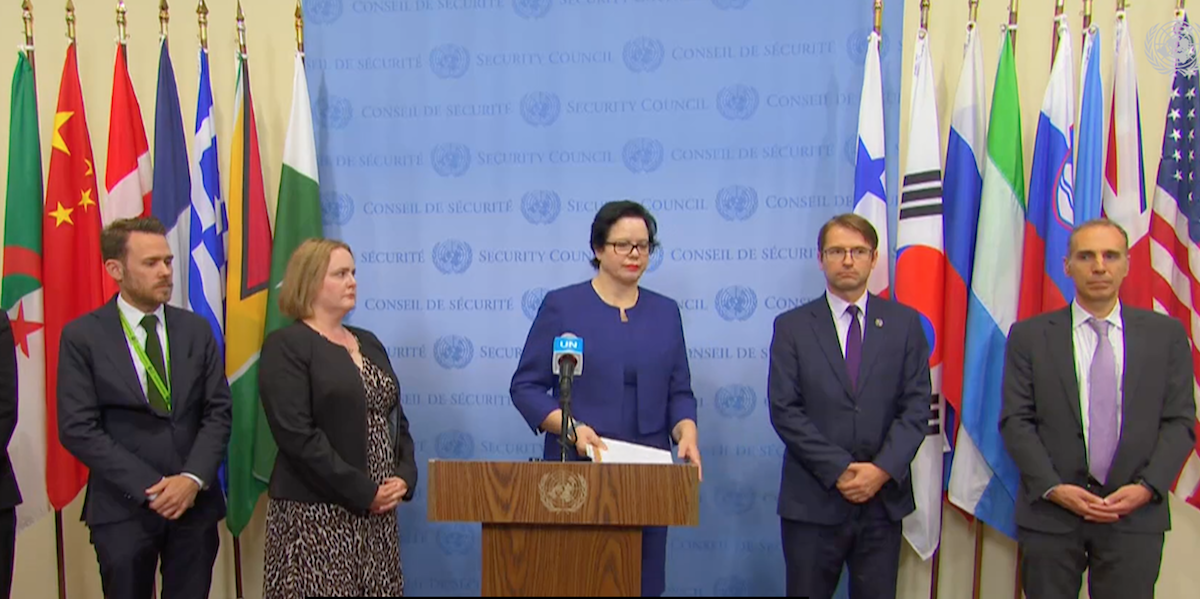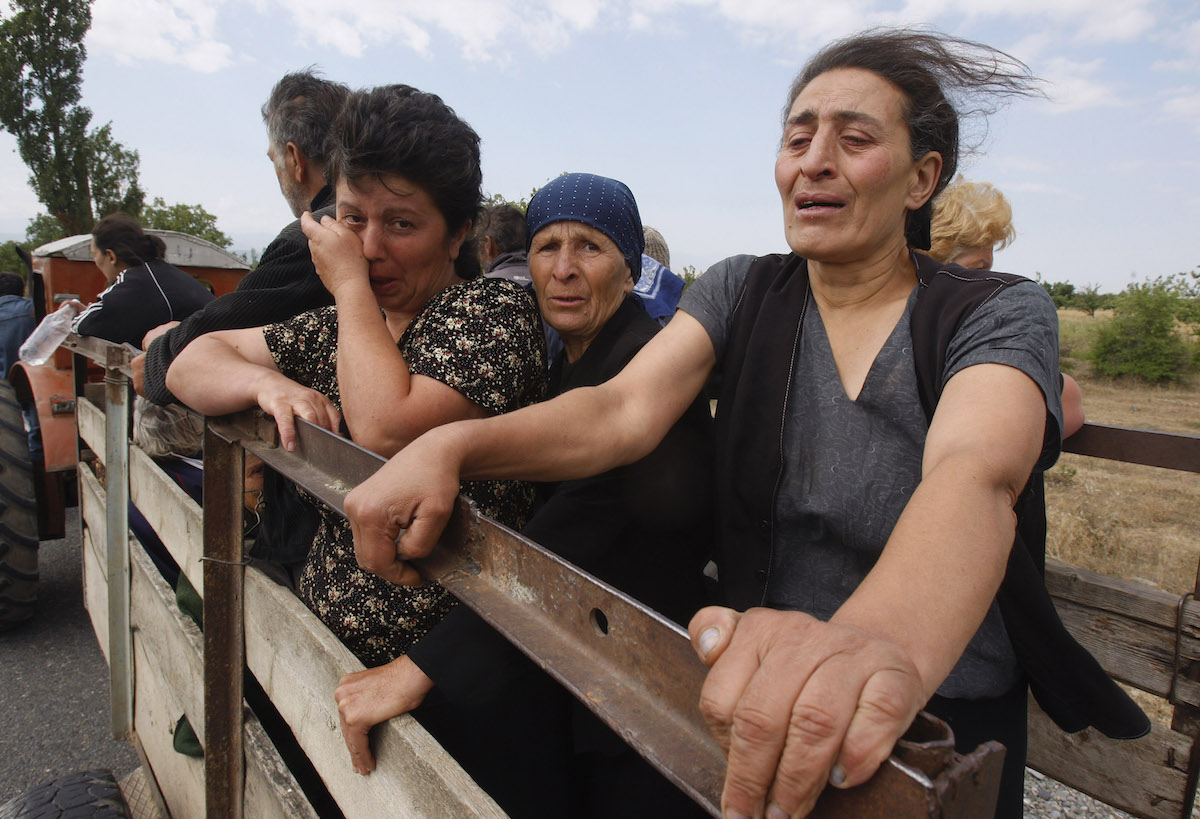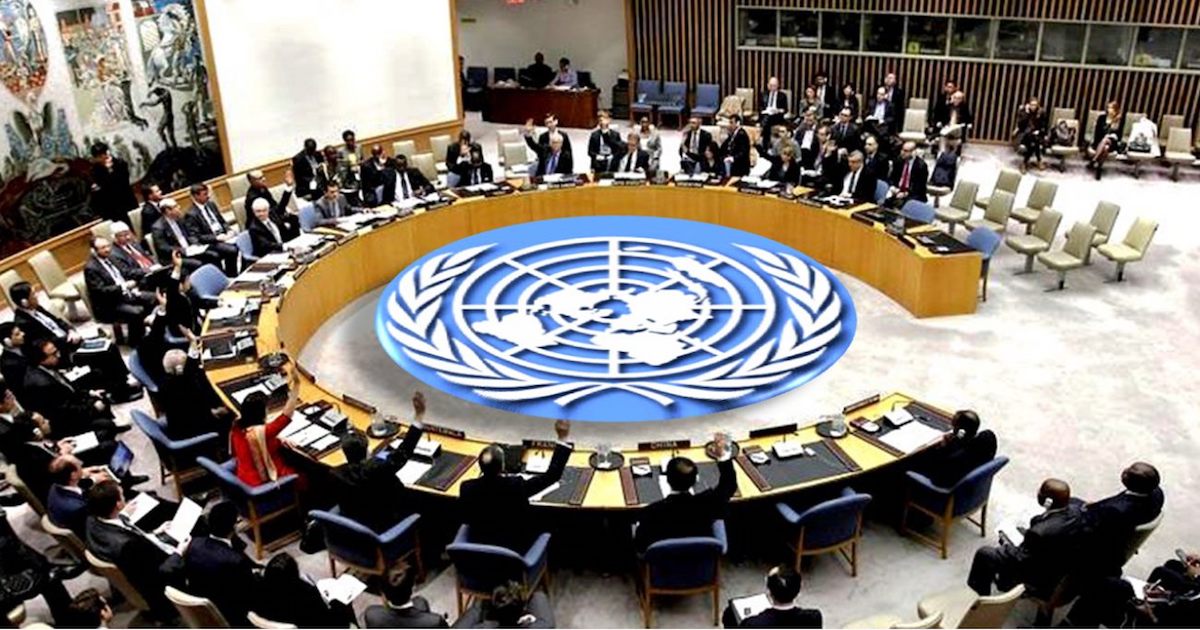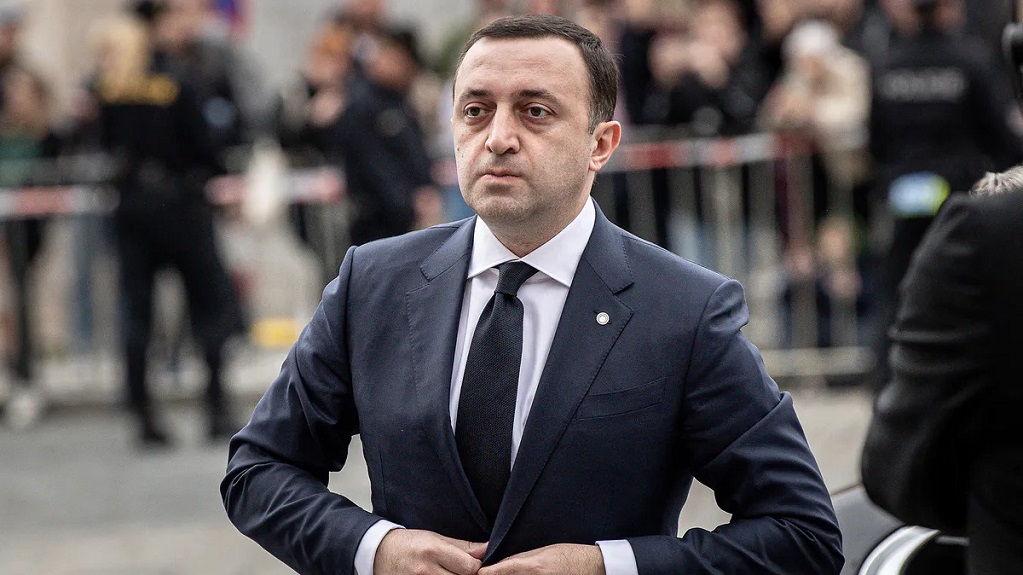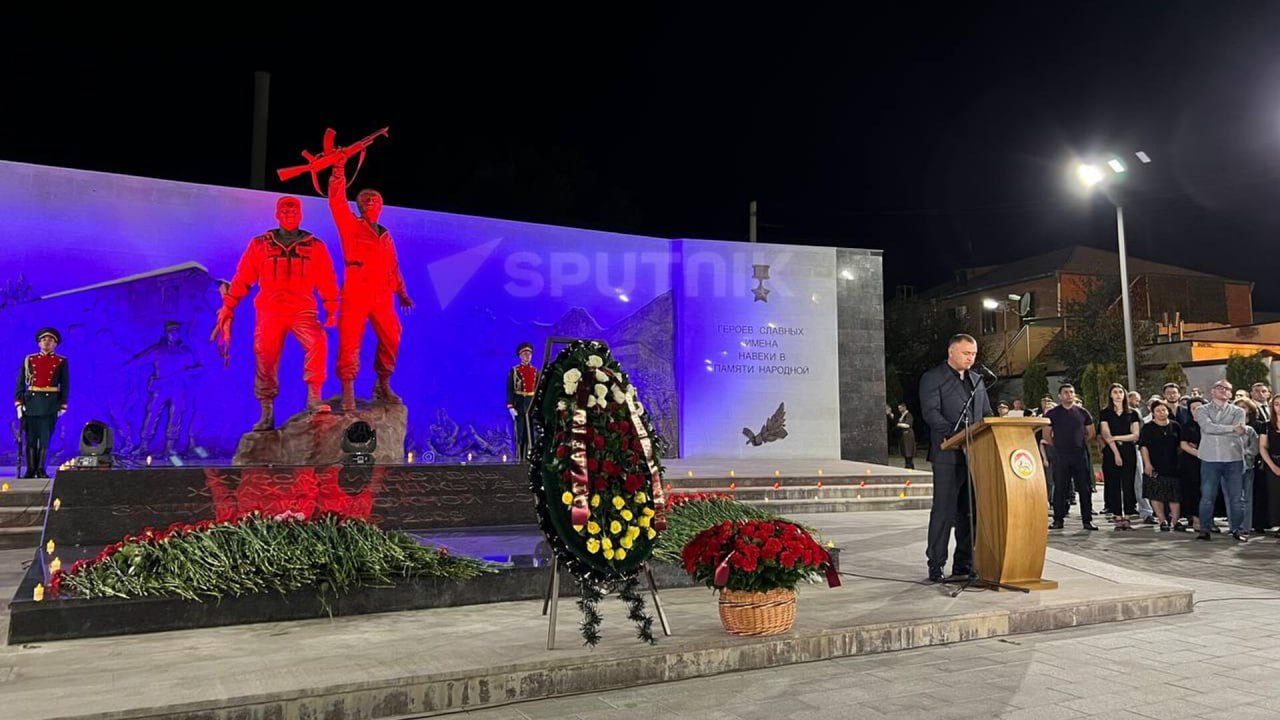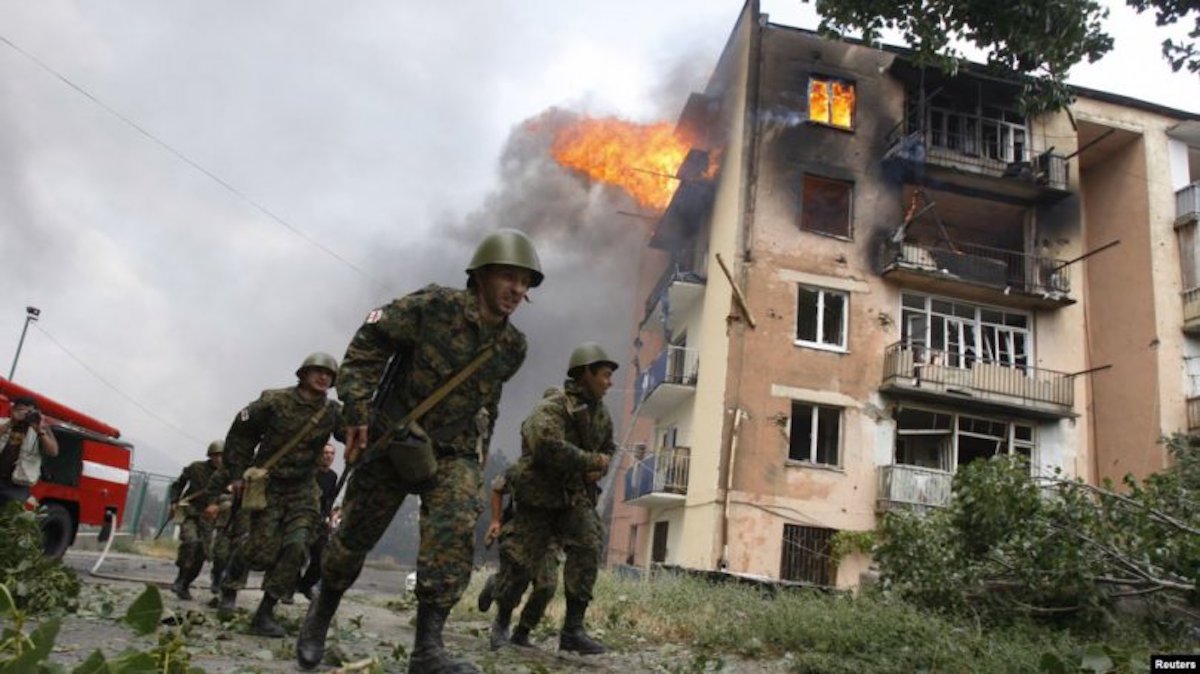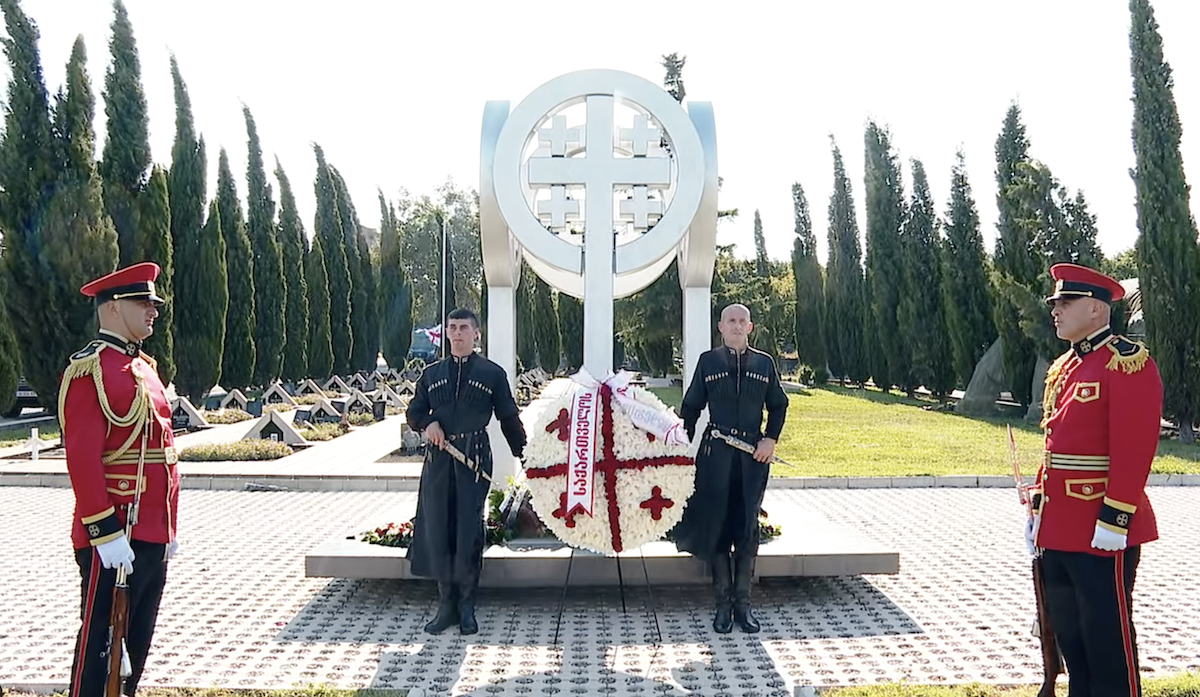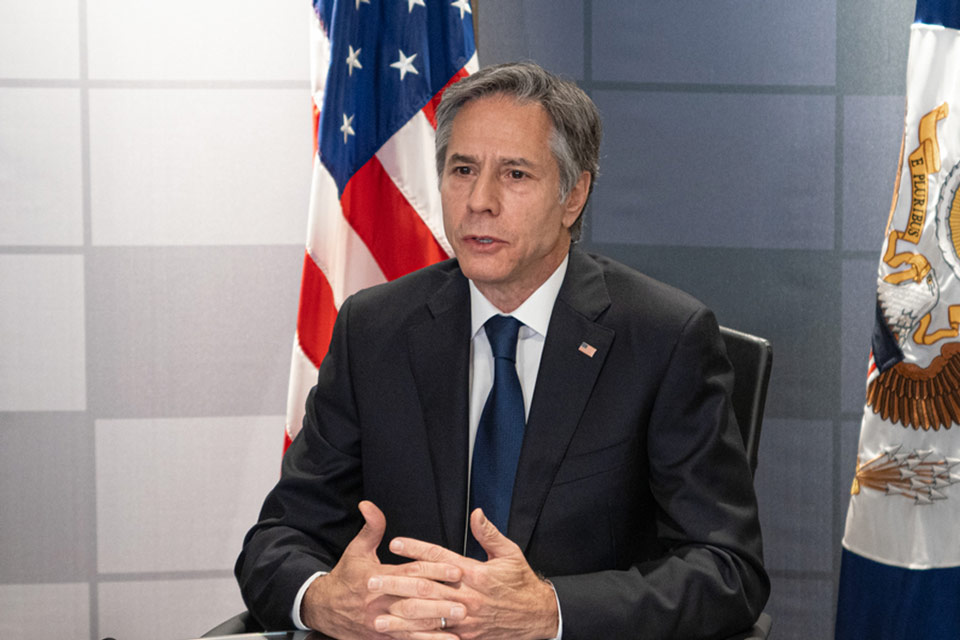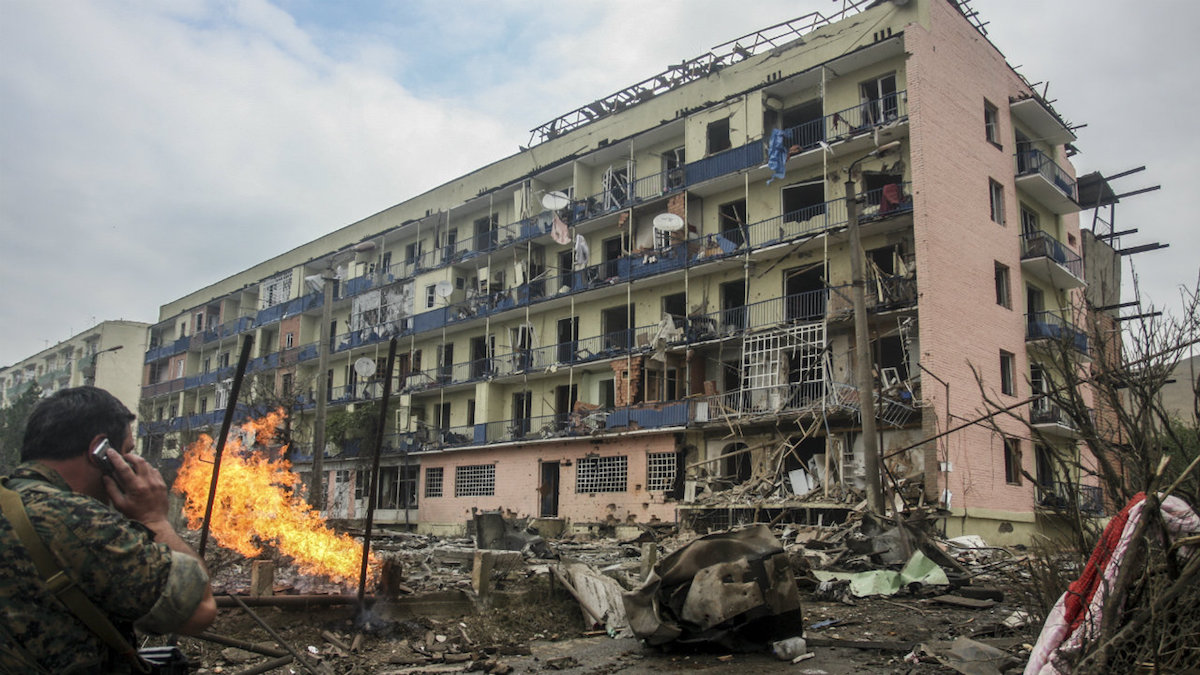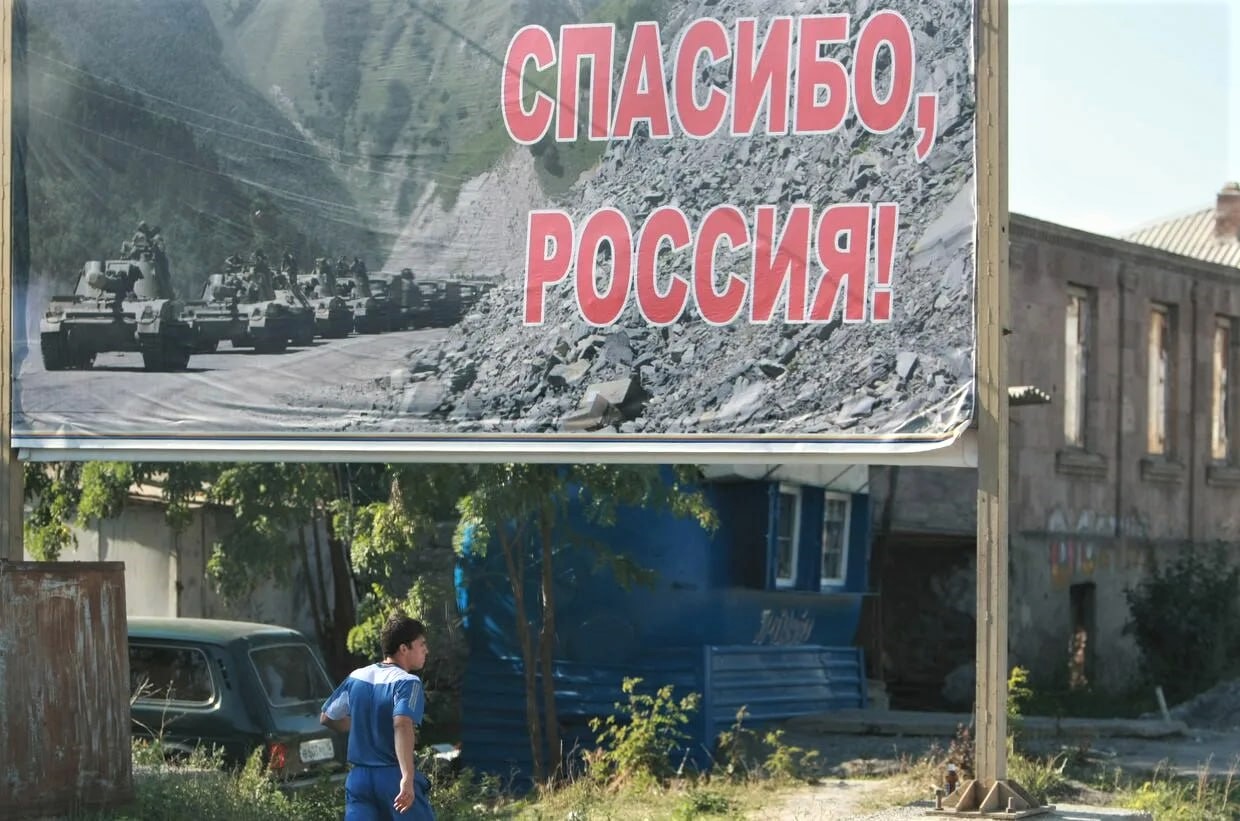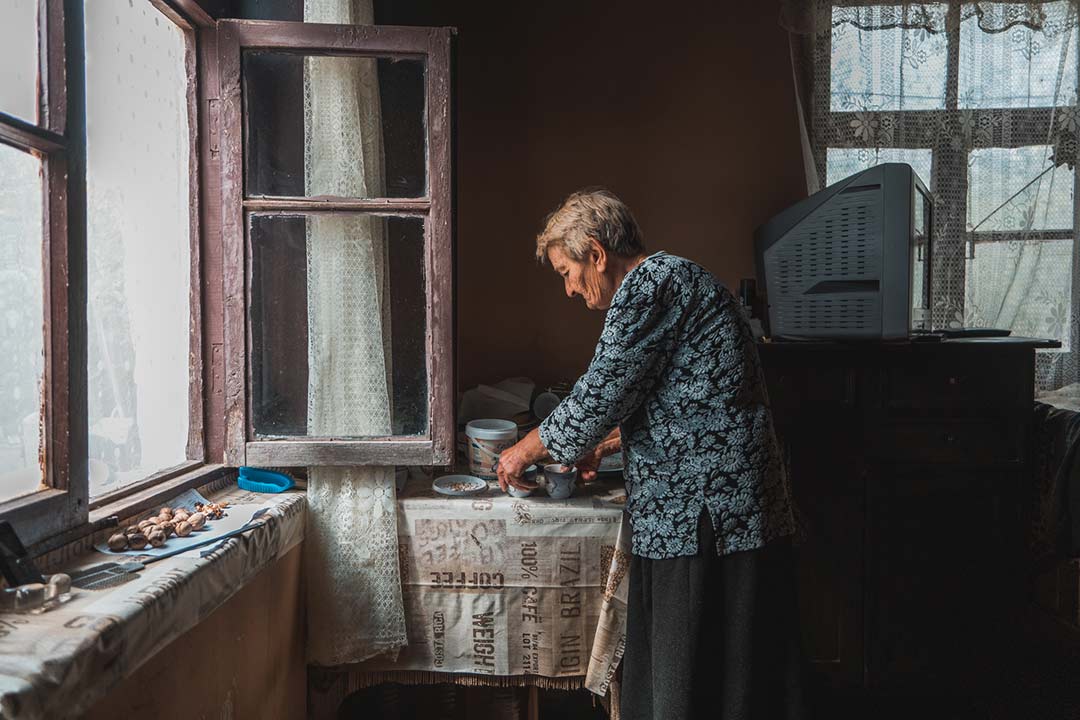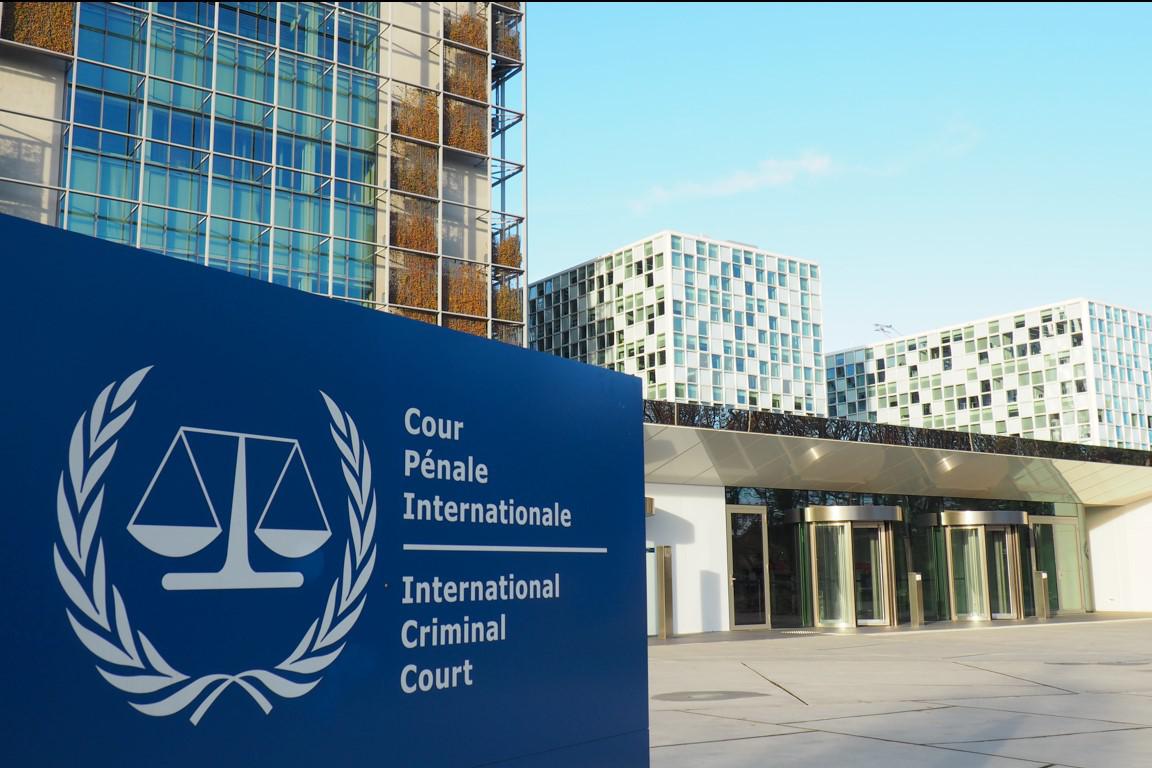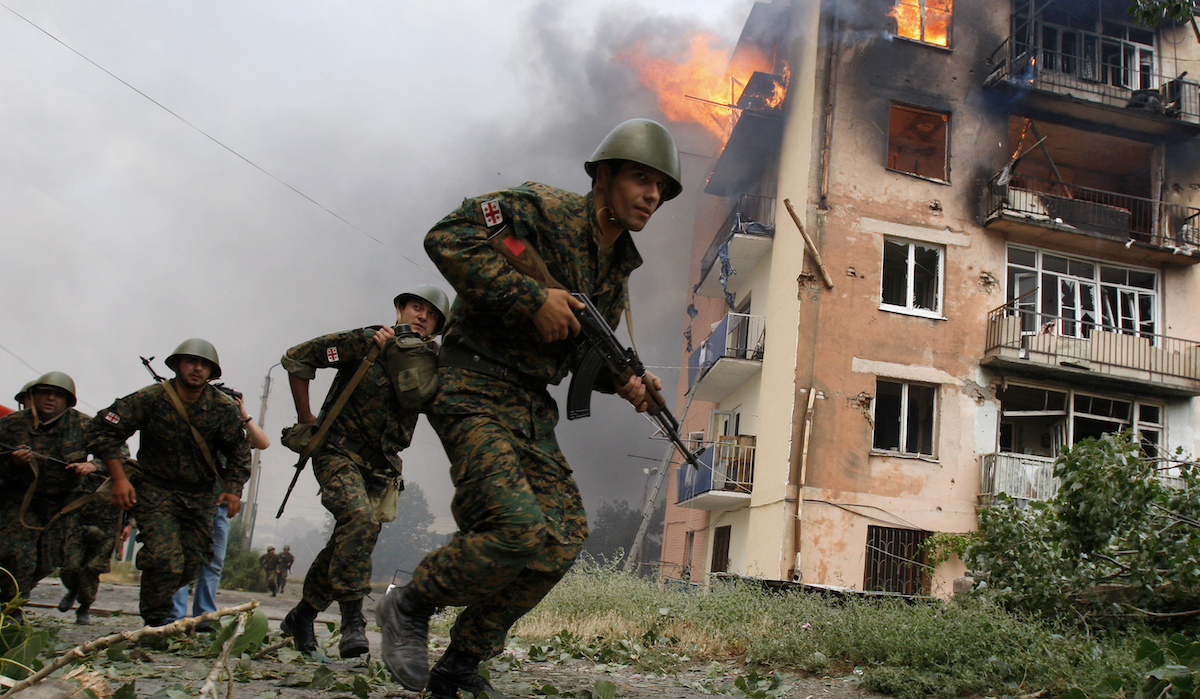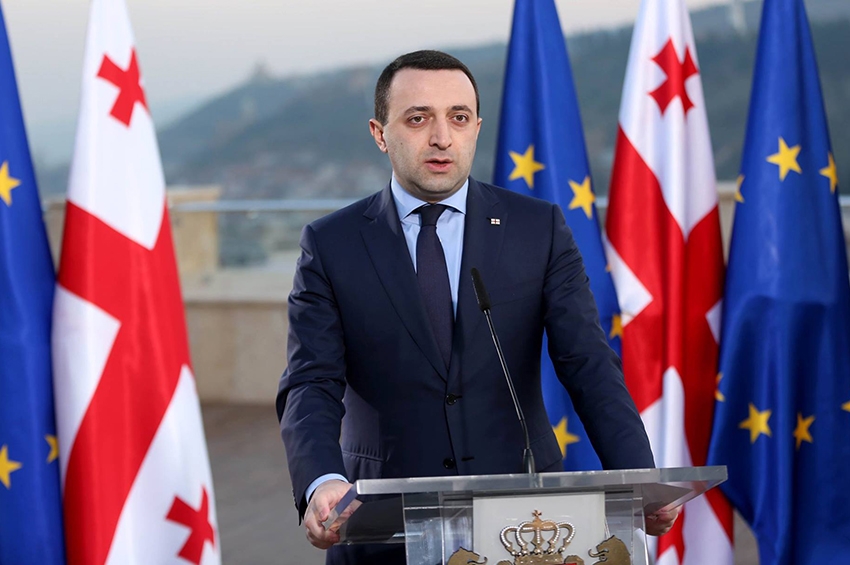On August 8, 2008, the five-day Russian-Georgian war for South Ossetia began. It was preceded by clashes in the zone of the Georgian-Ossetian conflict in the early 1990s. The parties accused each other of violating the ceasefire of 1992. According to the results of an international investigation initiated by the European Union, on August 8, Georgian military forces subjected the city of Tskhinval to massive shelling. On the same day, Russia which had previously supported the self-proclaimed republics of Abkhazia and South Ossetia entered the conflict. In Moscow, the entry into the war was referred to as a “peace enforcement operation”. According to some testimonies, Russian troops entered South Ossetia on August 7, that is, before the shelling of Tskhinvali. The fighting lasted five days and ended on August 12 with the defeat of the Georgian army. Two weeks later, Russia officially recognized Abkhazia and South Ossetia as independent states. The first war in the 21st century in Europe killed 850 people on both sides, thousands were injured and wounded, tens of thousands of ethnic Georgians were expelled from South Ossetia, Georgian villages were destroyed.
August war 2008
Most read

Russia’s $90bn oil network: how Azerbaijani businessmen were exposed
Georgia’s prime minister calls UK sanctions on Georgian TV channels 'shameful'
Latest news in Georgia, Armenia, Azerbaijan, summary. Live
Opinion: 'There are no signals that Iran plans to sell weapons to Armenia right now'
Transparency International assess new extremism legislation in Georgia

Pension rise in Armenia: economic growth or voter handout?
'People no longer want to put up with it': What does ‘family picket’ in South Ossetia signal?
Azerbaijan: political prisoner placed in solitary confinement after protest in Washington
Armenia and Poland to continue military-technical cooperation as Pashinyan visits Warsaw
Latest news in Georgia, Armenia, Azerbaijan, summary. Live




